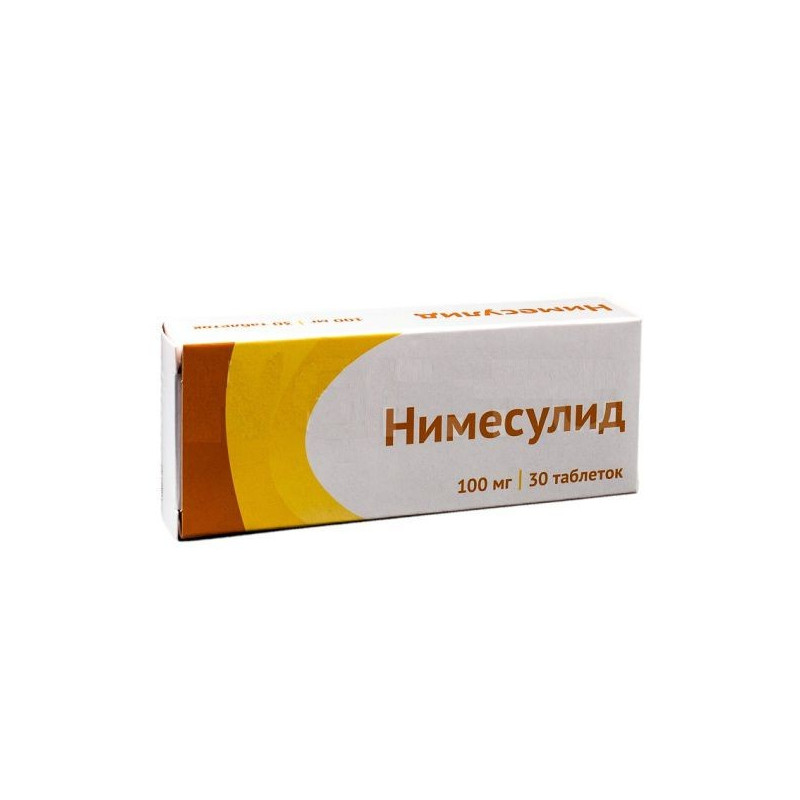



 All payments are encrypted via SSL
All payments are encrypted via SSL
 Full Refund if you haven't received your order
Full Refund if you haven't received your order
Osteoarthritis, extra-articular rheumatic diseases, pain and inflammation after surgery, pain and fever in acute inflammatory processes in the upper respiratory tract, pain associated with dysmenorrhea.
Inside adults 100-200 mg 2 times / day, children - 1.5 mg / kg 2-3 times / day.
Maximum dose for children - 5 mg / kg / day in 2-3 doses.
Gastrointestinal: heartburn, nausea, stomach pain; in some cases - tarry stools, melena (associated with bleeding and erosive and ulcerative lesions of the gastrointestinal tract).
From the side of the central nervous system: rarely - headaches, dizziness, drowsiness.
Allergic reactions: skin rash, erythema, urticaria.
Other: rarely, oliguria, fluid retention, local or systemic edema; in some cases - thrombocytopenic purpura.
Peptic ulcer and duodenal ulcer in the acute phase, acute bleeding from the gastrointestinal tract, moderate and severe liver failure, renal failure (CC less than 30 ml / min), pregnancy, lactation; hypersensitivity to Nimesulide and other NSAIDs (including acetylsalicylic acid).
Use during pregnancy and lactation
Nimesulide is contraindicated for use during pregnancy and lactation.
There is no direct indication of the embryotoxic and tocolytic effects of nimesulide.
Application for violations of the liver
Contraindicated in moderate and severe liver failure.
Application for violations of kidney function
Contraindicated in renal failure (CC less than 30 ml / min).
When used in pediatrics should use dosage forms intended for children. In children under 6 years of age when nimesulide is used externally, medical supervision is required.
Use in elderly patients
When applied externally, the physician must be monitored for the condition of elderly patients with impaired renal function, liver, and congestive heart failure.
With caution should be used orally in patients with impaired renal function, with hypertension, with disorders of the heart, visual impairment.
When applied externally, the physician must be monitored for the condition of elderly patients with impaired renal function, liver, and congestive heart failure.
When used in pediatrics should use dosage forms intended for children. In children under 6 years of age when nimesulide is used externally, medical supervision is required.
Influence on ability to drive motor transport and control mechanisms
Due to the fact that nimesulide can be dizziness and drowsiness when administered orally, it should be used with caution in patients engaged in potentially hazardous activities,requiring increased attention span and quick psychomotor reactions.
Manifestations of drug interactions are possible with simultaneous ingestion of nimesulide with Digoxin, phenytoin, lithium preparations, diuretics, antihypertensive drugs, other NSAIDs, anticoagulants, cyclosporine, Methotrexate, oral hypoglycemic agents.
